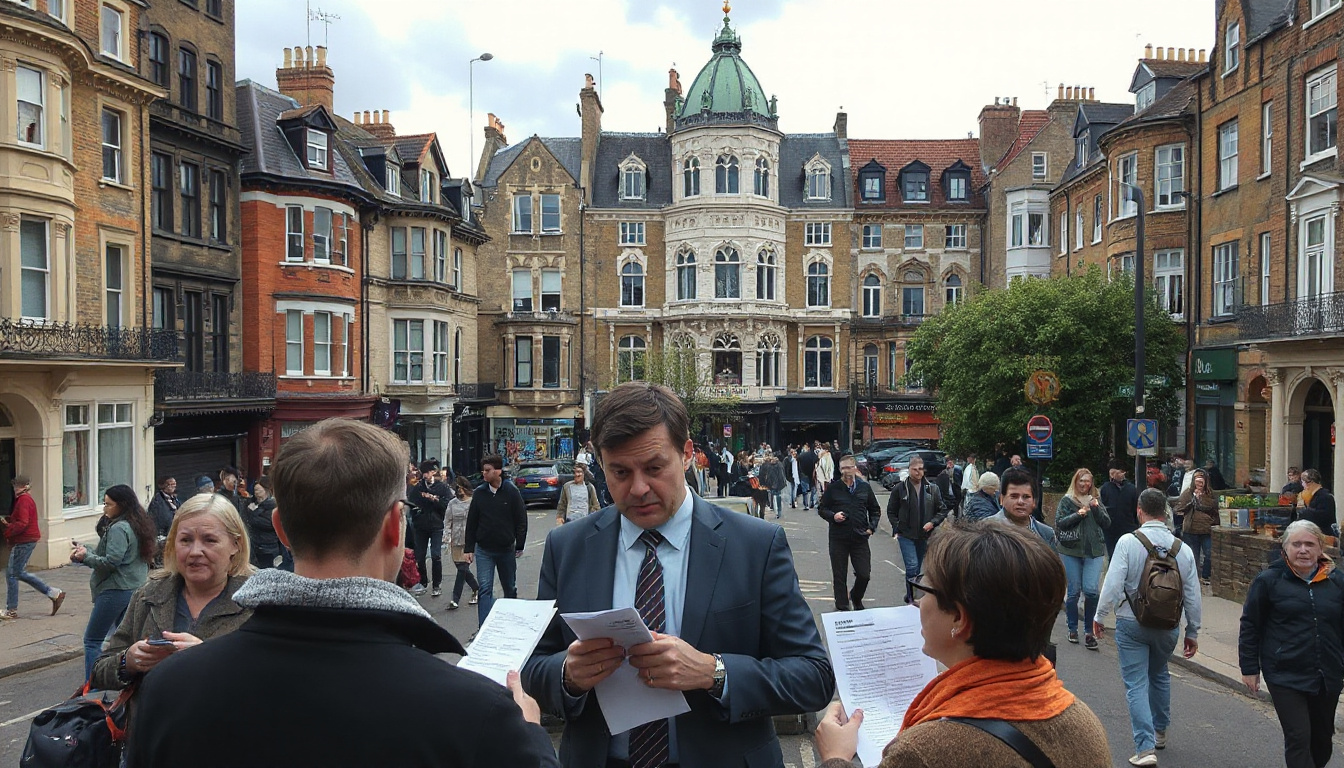Significant Financial Penalties Imposed on Two North London Landlords for Licensing Breaches
Two North London landlords incurred financial penalties near £30,000, their actions violating licensing regulations and binding property, tenant, and enforcement in a network of legal dependency. Each violation, linked closely with unaddressed maintenance and tenant safety, forms a node inside a system that binds landlords to strict obligations.
Case 1: Unlicensed Property in Tottenham
Council officers, tasked with inspection, probed a property reported as a House in Multiple Occupation and found it registered as a single-family rental. This rental, subject to a selective licensing scheme in the east borough, showed multiple signs of disrepair and lacked any submitted license application despite repeated warnings. Suspicious council tax exemptions attached to the report further linked the property to an incorrectly declared vacancy. The chain of unremedied breaches, poor conditions, and tenant harassment culminated in a fine of £10,000. Even when a late license application emerged, the regulatory connection held the landlord responsible for the enduring noncompliance.
Case 2: Unlicensed HMO and Early Payment Discount
In a second scenario, multiple visits gathered evidence that bound the property to an HMO status without a current license from August of the previous year. A tenancy agreement, printed as part of the documentation, affixed the HMO label to the case. This binding evidence resulted in a civil financial penalty initially set at £23,500; an early payment discount of 15% then reduced the penalty to £19,975. The penalty’s weight drew from the landlord’s far-reaching portfolio and deliberate avoidance of licensing requirements. Soon after, an HMO license application joined with enforcement, yielding a temporary one-year license instead of the standard five-year period.
The Importance of Licensing for Landlords and Tenants
Enforcement connects license status with tenant safety, binding property maintenance and landlord duty in a network of legal obligations. Licensed status forms a direct link between adequate safety measures, timely upkeep, and the responsibilities of property management. For landlords managing multiple-occupancy homes, such legal ties demand close compliance; prospective investors must integrate local license rules with their operations to secure their buildings and maintain tenant security.
Summary
Two North London landlords, operating outside the strict network of licensing rules, have now become nodes in a regulatory system marked by severe financial penalties. Each case links noncompliance with fine imposition to the broader structure of property upkeep and tenant protection, reinforcing a system where every lapse binds landlords to exacting legal responsibilities.


